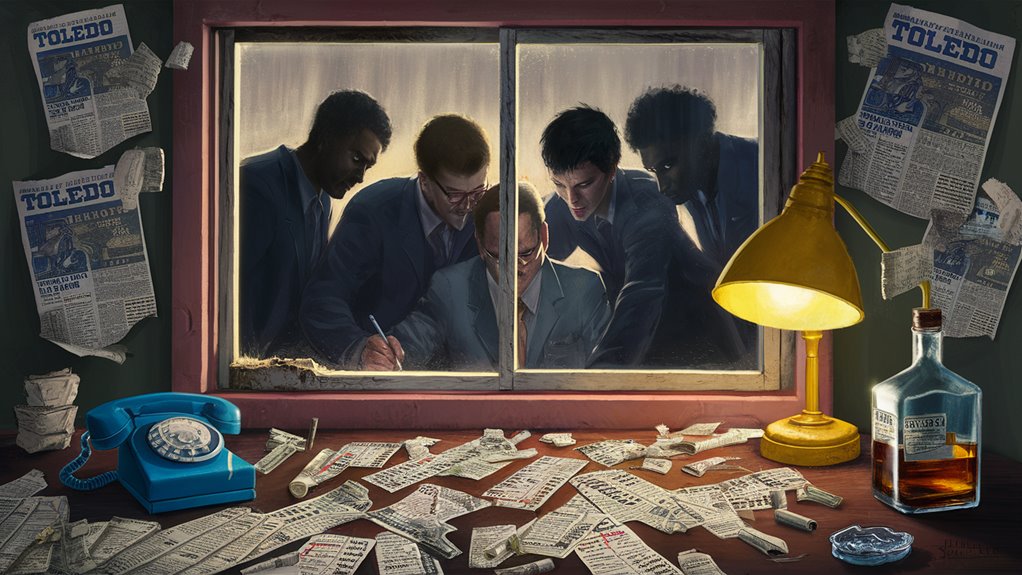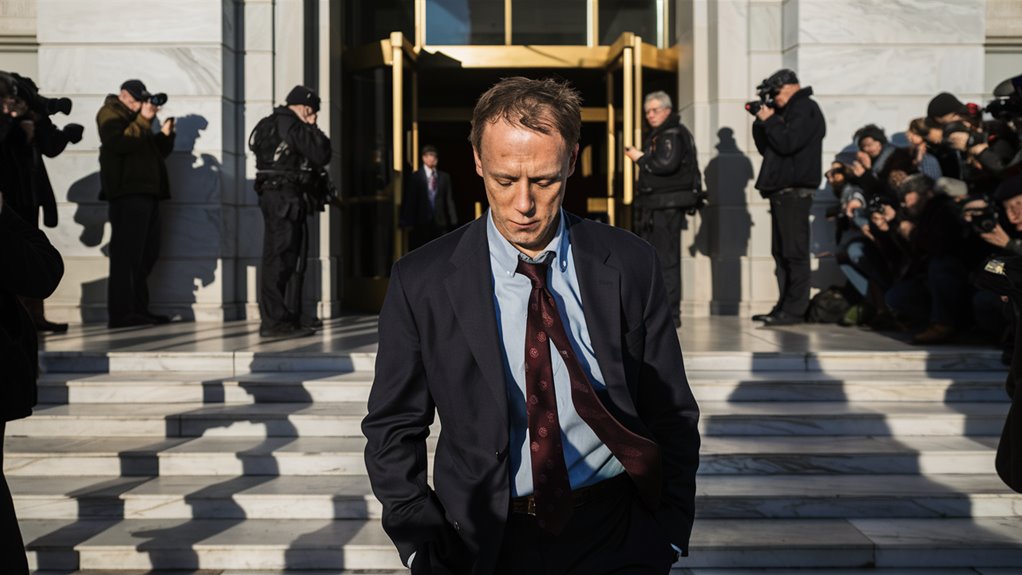Big Betting Scandals That Changed Sports

The Black Sox Scandal of 1919
The 1919 Black Sox Scandal is still one of the worst times in baseball. Eight Chicago White Sox players took money to lose the World Series on purpose. This big shock changed how baseball handles bets and led to strong rules against betting in pro sports.
Pete Rose Betting Issue
In 1987, Pete Rose was the boss of the Cincinnati Reds and bet up to $10,000 every day on baseball games, even his own team’s. This broke the rules and got Rose thrown out of Major League Baseball for good, ending his time in the sport after a great run.
NBA Referee Betting Mess
Ex-NBA ref Tim Donaghy caused one of basketball’s worst scandals from 2003 to 2007. Donaghy bet on games he ran and shared secrets with bettors, which led to jail time and made the NBA watch its refs more closely.
Boston College Point-Shaving Plan
The 1978-79 Boston College basketball scandal showed how crime groups could sneak into college sports. Mobster Henry Hill worked with players who changed game scores for $2,500 per fixed game, showing weak spots in college sports 이 사이트에서 자세히 보기
Modern Time: Toledo Football Scandal
Not long ago, the University of Toledo football scandal showed the ongoing risk of betting in sports. Players worked with gamblers from Detroit to change game results, leading to legal action and more focus on keeping college sports clean from betting.
Impact on Sports Integrity
These scandals made pro and college sports groups rethink game integrity. Leagues put up big betting block plans, tight watch systems, and tough rules for breaking them, making a new way to keep sports clean from cheating bettors.
The 1919 Black Sox Scandal
The 1919 World Series is known in baseball for when eight Chicago White Sox players planned to lose to the Cincinnati Reds. Big players like “Shoeless” Joe Jackson and Eddie Cicotte took a lot of money, from $5,000 to $20,000, to throw the games on purpose.
The Betting Plan
Joseph “Sport” Sullivan, a known bettor, led the plan by giving big money to some White Sox players. The World Series looked odd as Chicago lost to Cincinnati 5-3, with many strange moves and big mistakes.
Law Look and Baseball’s Response
A 1920 grand jury dug into the scandal, which led to charges against the “Black Sox Eight.” Although a 1921 trial let them go, baseball’s new Commissioner Kenesaw Mountain Landis banned all eight players for life.
Pete Rose Betting Mess

Pete Rose, the man with the most hits in baseball and boss of the Cincinnati Reds, was at the heart of a big betting mess in 1989. The news that Rose bet a lot on baseball games through the 1980s shook Major League Baseball and changed how the sport handles betting forever.
Evidence and Inquiry
MLB’s inquiry started after getting real tips about Rose’s betting. Special checker John Dowd made a big 225-page report that showed shocking things: Rose bet on 52 Reds games in 1987 alone, with bets up to $10,000 every day.
The Ban and What Followed
On August 24, 1989, Rose took a lifetime ban from baseball, but he said he did nothing wrong for years. Only in his 2004 book “My Prison Without Bars” did Rose admit to betting on games.
NBA Referee Tim Donaghy
Tim Donaghy, with 13 years as an NBA ref, led one of pro basketball’s worst betting messes that hit the league in 2007. The news of his bad acts hurt how people saw pro basketball and led to big changes in how the league watches games How are virtual reality casinos revolutionizing
Bad Acts and Schemes
From 2003 to 2007, Donaghy ran a big betting scheme that used his job as an NBA ref. He changed game ends by shaping point spreads with his calls and giving secrets to pro bettors.
Look and Legal Outcomes
The FBI found Donaghy’s bad acts while looking into organized crime. Evidence showed he bet on about 100 NBA games, even ones he reffed.
Boston College Point Shaving
The Boston College basketball point-shaving mess of 1978-79 is still one of the largest betting plots in college sports. Mob-linked bettors led a big scheme with BC players Rick Kuhn and Jim Sweeney, who changed game ends to control point spreads.
Main Bad People
Henry Hill, the famous mobster later shown in “Goodfellas,” led the scheme with Pittsburgh bad people Paul Mazzei and the Perla brothers (Anthony and Rocco).
Toledo Football Point-Shaving Mess
In 2003, one of college football’s worst betting messes came up when University of Toledo football players made a big point-shaving plan with Detroit-based bettors. At the heart of the plan was running back Harvey “Scooter” McDougle Jr., who with six other players took money from Detroit business man Ghazi “Gary” Manni to change game ends.






